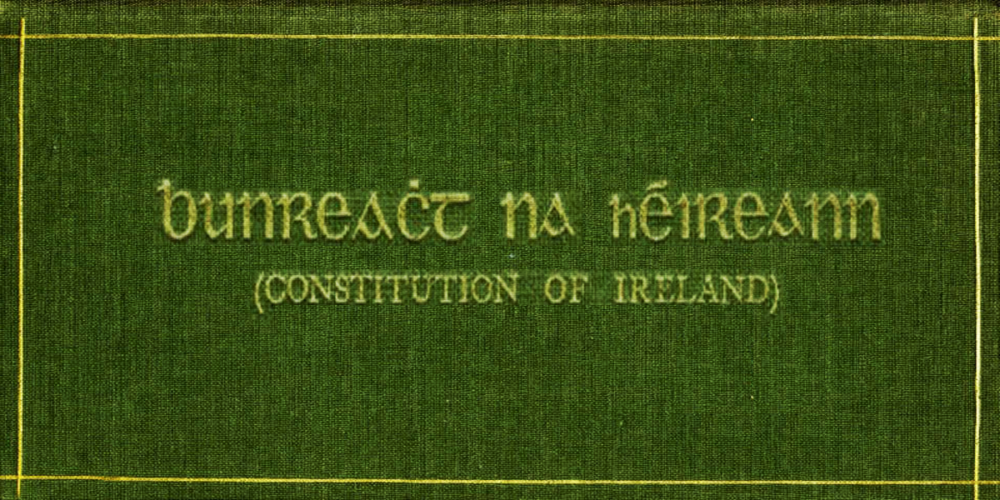Family Amendment: The Communist Party of Ireland supports the proposed amendment removing article 41.3.1 of Bunreacht na hÉireann. As the Constitution is the basic law of the state, it can be argued that the references to the family contained within it reflect an outdated Catholic orthodox conception of the family. Article 41.3.1 gives Constitutional protection to the family founded on marriage thereby excluding any other form of family unit outside confines of legal marriage. This never reflected the diversity of families in the Republic of Ireland which were not based on a married heterosexual couple with children. It certainly does not reflect the reality of today’s Ireland.
The government could simply have proposed to amend Article 41 to say that the state recognises the family as a primary and fundamental unit group of society. It did not need to add the clause stating, “whether founded on marriage or on other durable relationships.” This opens up the possibility of the Superior Courts being asked to make a ruling to determine what is or is not a “durable relationship.” All relationships are durable until they break down. The fact that the proposed amendment also states that the state “pledges itself to guard with special care the institution of Marriage” suggests that the belief that the family founded on marriage is somehow superior to all others, still exists in the Constitution. However, the proposed Family amendment is marginally better than the existing wording, so we can support it.
Care Amendment: In relation to the second proposed amendment, while welcoming the removal of article 41.2 which sought to relegate the role of women in a family to the domestic sphere, the proposed wording is extremely problematic. It is reductive to focus the analysis of the proposed amendment on the removal of misogynistic language, when the actual impact of the amendment, if adopted, will have further reaching consequences on the constitutional rights of vulnerable citizens, such as those with disabilities.
While the existing article does not state that a ‘woman’s place is in the home’ it did influence social policy which sought to limit women to the domestic sphere. Its removal in that regard could be welcomed. However, it is the view of the Communist Party of Ireland that the government, in a deeply cynical manoeuvre, is attempting to use this supposedly progressive amendment as a cover to absolve the state of its responsibility to support vulnerable citizens. The proposed amendment essentially privatises the responsibility for care to the newly defined family unit, providing no guarantee of state support. It is not coincidental that the referendum is due to take place before the Supreme Court hears an appeal dealing with the state’s obligation to carers and women in the home under the existing article. Therefore, we cannot support the proposed Care amendment.






